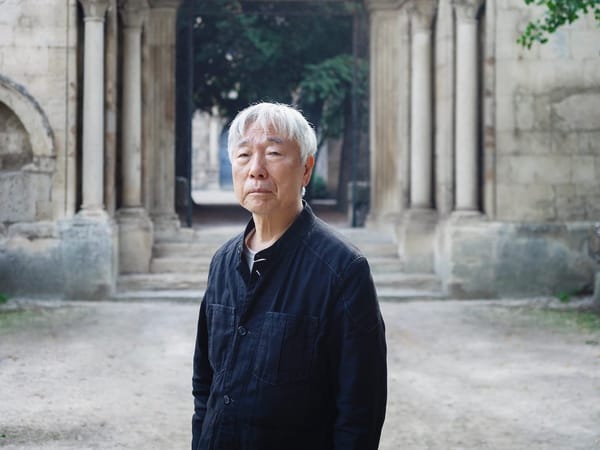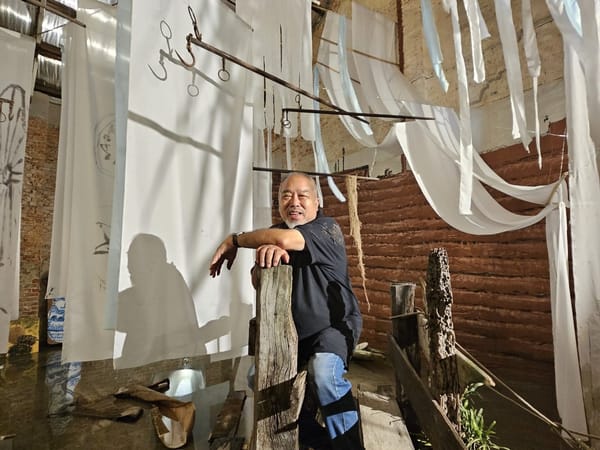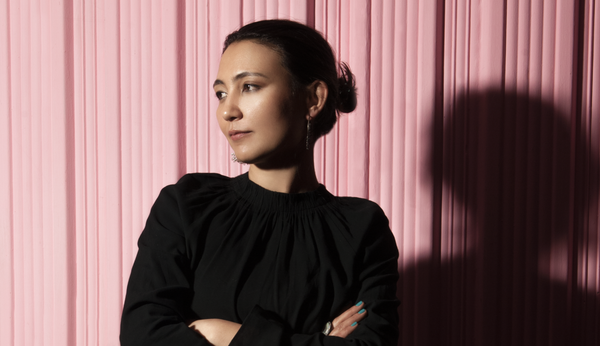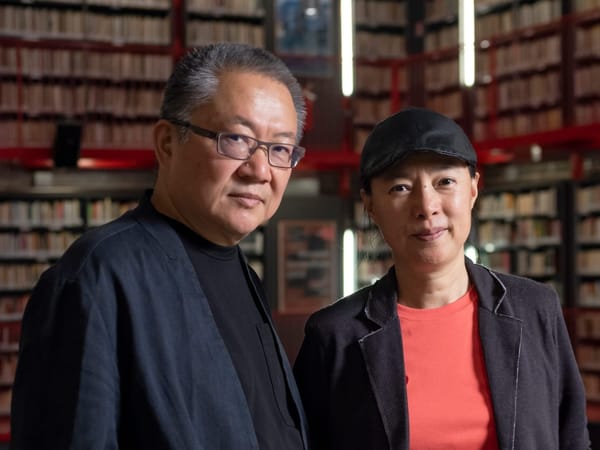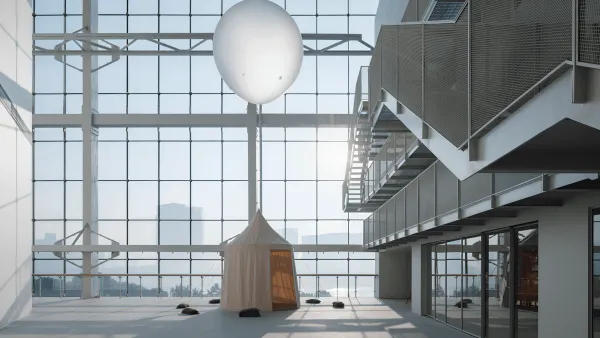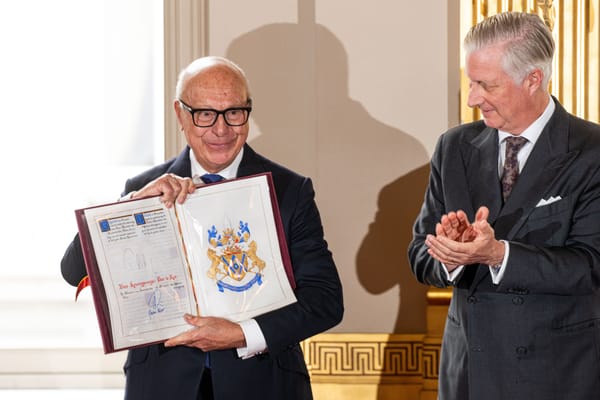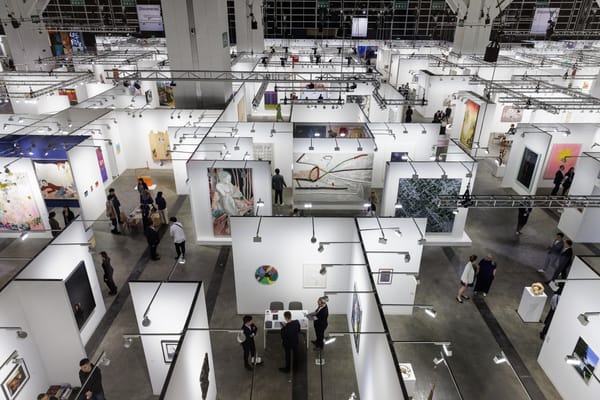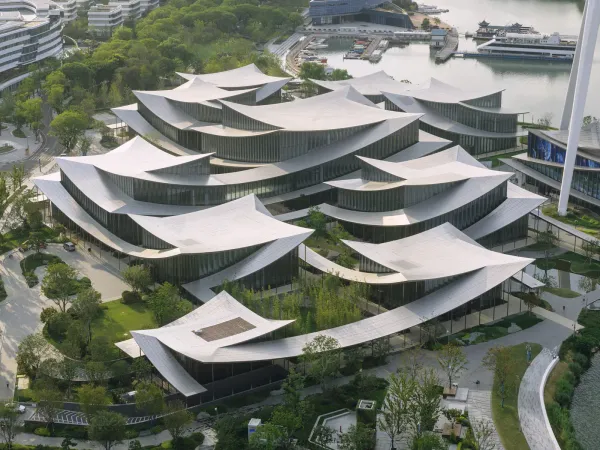News
National Museum Of Iran Mounts Exhibition Of Works From Louvre
On March 5, the National Museum of Iran unveiled the exhibition “The Louvre in Tehran,” the country’s first large-scale show organized in collaboration with a major Western museum. The presentation stems from a cultural exchange agreement signed in 2016 between France’s Louvre and the Iranian Cultural Heritage, Handcrafts and Tourism Organization, and will showcase an array of paintings, sculptures and antiques, tracing the history of the Louvre. Among the works exhibited are a 2,400-year-old Egyptian sphinx, as well as drawings by Rembrandt and Delacroix.
The show illustrates France’s continued efforts in cultural diplomacy at a time of heightened tensions between Iran and the West over the nuclear deal. It was struck between the Middle Eastern state and the United States, United Kingdom, Russia, Germany and France in 2015, and lifted economic sanctions on Iran in return for restrictions on its nuclear energy program. Relations between Iran and the Western signatories have cooled since US President Donald Trump decertified the deal in October 2017.
Cultural ties between France and Iran run deep due to the former’s involvement in the study and preservation of Iranian artifacts. France led archaeological digs in pre-revolutionary Iran, and the National Museum in Tehran was built by Frenchman André Godard in 1937.
“The Louvre in Tehran” opens to the public this week, and runs through the first week of June. In parallel, “The Rose Garden: Masterpieces of Persian Art from the 19th Century” will open on March 28 at Louvre-Lens. The exhibition takes as its focus the Qajar dynasty, which ruled Iran from 1786 to 1925.
Elizabeth Wang is an editorial intern at ArtAsiaPacific.
To read more of ArtAsiaPacific’s articles, visit our Digital Library.
